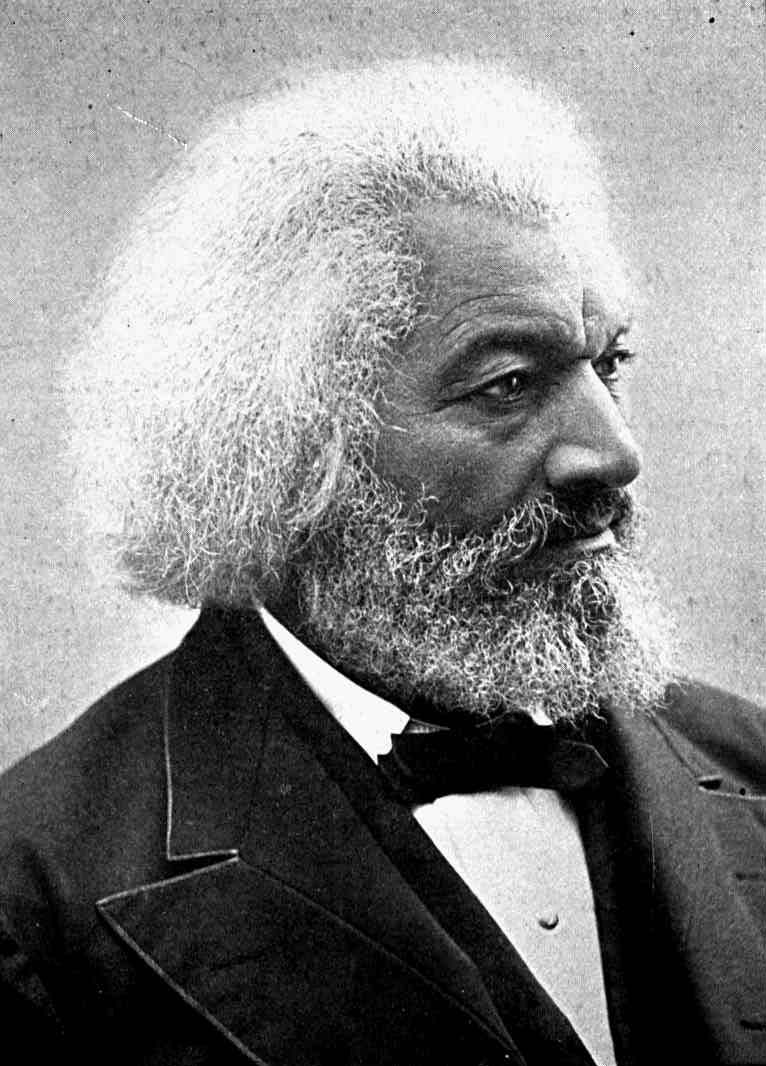Frederick Douglass and Adam Smith


In contrast to the anti-globalist modern left and the protectionist right, Frederick Douglass rejected the negative sum view of the world. Like many abolitionists, he understood and appreciated the insights of Adam Smith on this issue:
The old doctrine that the slavery of the black, is essential to the freedom of the white race, can maintain itself only in the presence of slavery, where interest and prejudice are the controlling powers, but it stands condemned equally by reason and experience. The statesmanship of to-day condemns and repudiates it as a shallow pretext for oppression. It belongs with the commercial fallacies long ago exposed by Adam Smith. It stands on a level with the contemptible notion, that every crumb of bread that goes into another man’s mouth, is just so much bread taken from mine. Whereas, the rule is in this country of abundant land, the more mouths you have, the more money you can put into your pocket, the more I can put into mine. As with political economy, so with civil and political rights (Frederick Douglass, November 17, 1864).
The Frederick Douglass Papers, Series One: Debates and Interviews, Volume 4: 1864-80 (New Haven: Yale University Press, 1991), 48.